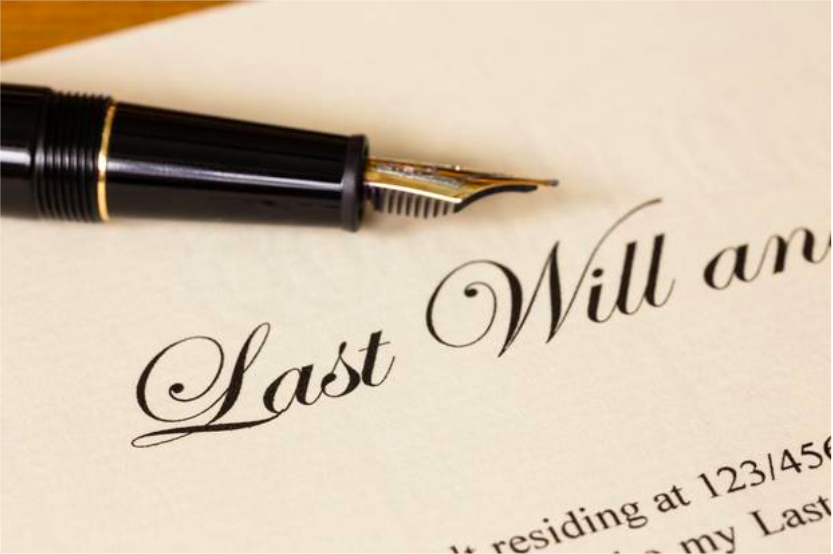
Making a will can save your loved ones a large amount of money and stress. A will is a legal document that stipulates your wishes as to who will receive your property and possessions when you die. It is important that you have a valid will to ensure your estate is distributed to those you wish.
The statistical data says that 80% of Indians do not have their wills made and the reasons for it are many. Here are some of them:
- It’s too early to think about.
- Making a will is a lengthy process
- I am not aware of rules and regulations
- I have told my spouse and children of my intentions that I will do
And many more…..
While each person’s situation varies, here are seven reasons to have a will:
1. Avoiding dealing with family issues
Not wanting to deal with family issues is a big reason a lot of people don’t make their wills. Having to confront the issues of the past can be extremely uncomfortable so due to this reason people avoid to make a will.
2. Not ready to make important life decisions
If you think your will has been the “be all end all” document and you’re just not ready to make such huge and overwhelming decisions, think again. A will is something you create for right now not for some vague time in the future.
3. Unsure where to start
You can start by doing some research online; you can start by organizing your thought on paper, or you can start by making a will meeting a professional who can help you in making a will.
5. The belief that young people don’t need will
Sometimes making a will in the early stages of life helps a lot during emergencies. If you are making a will when you are in your 30’s that is an empowering exercise which is been taught to your children. You’re never too young to start planning.
6. Believing that only wealthy people need will
The idea that only wealthy people need will is simply not true. Everyone needs a will whether you are old, young, rich, poor, male, female, married, single, children or you don’t have children. Moreover, if you own any property you should make a will because it’s a smart thing to do.
How to make a Will?
One should have a map of current assets – bank deposits, bonds, mutual funds, stocks, properties, gold, jewelry, vehicles, assets created overseas, books, art, wine, and whatever you want to give to your heirs. It’s always a good idea to put down details like passwords to an online bank account or in a password protected dynamic Excel sheet. Put down in writing the location of property papers and locker keys.
Once these details are done, indicate who should get what. For example, if you own two flats and want to leave one to each kid, do specify which goes to whom. If there is jewelry, mention who gets what. Maybe take pictures and specify who gets what.
Also, don’t forget to appoint an executor of the will. This could be a trusted family friend, your lawyer, your financial planner who ensures that the will is executed as per your requirements.
Why make a Will?
- A will makes it much easier for your family or friends to sort everything when you die.
- If you don’t write a will, everything you own will be shared in a standard way defined by the law – which isn’t always the way you might want.
- Writing a will is especially important if you have children or family who depend on you financially.
- After you die someone needs to help wrap up your estate. You can use the will to name an executor to carry on this task.
- The most common and simple reason to make a will is to decide who will get your property when you die.
Do I need a Will when nominees are in place?
A common mistake done by an individual is they think that instead of making a will make the person as nomination but that does not mean that the nominee gets the assets. In your head, the nominee and the legal are the same people, but in the eyes of the law, the two could be different.
In the legal context, the nomination is only a provision for calming of the property by the nominee as a custodian, in case of the demise of the owner of the property.
The legal heir, as opposed to the nominee, is the individual who has the right and entitlement to succeed the wealth and property of the deceased individual under the signed legal will, else personal succession of law is applicable. The legal heir will be mentioned clearly in the will, as the key inheritor. The legal heir can be one person or multiple persons as well
Life is unpredictable. We really don’t know what happens tomorrow. So be prepared for unplanned events which make things easy. One should have a valid will no matter whatever your age (it’s okay to have a will at age thirty-five). One should have a rough estimate of assets and who gets what. In summary, dying without a will can mean that your loved ones are left with a financial and emotional mess to deal with.



























